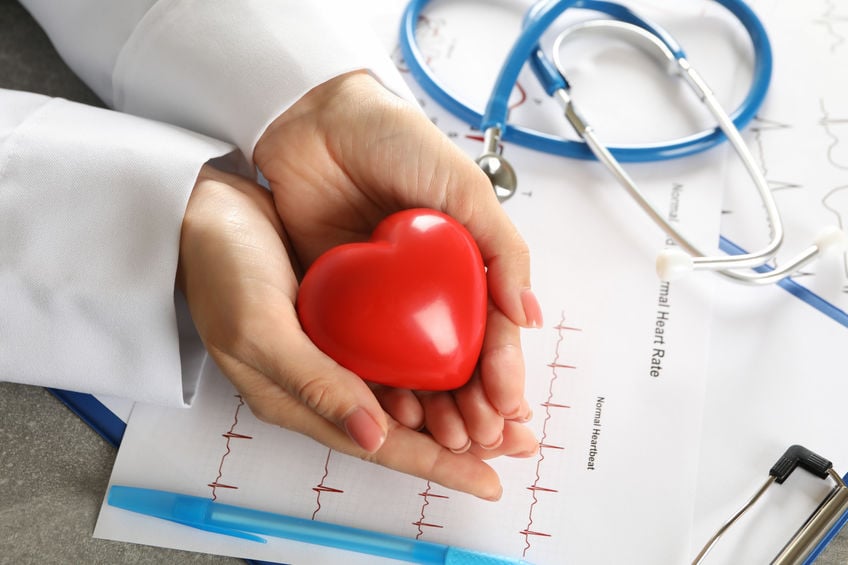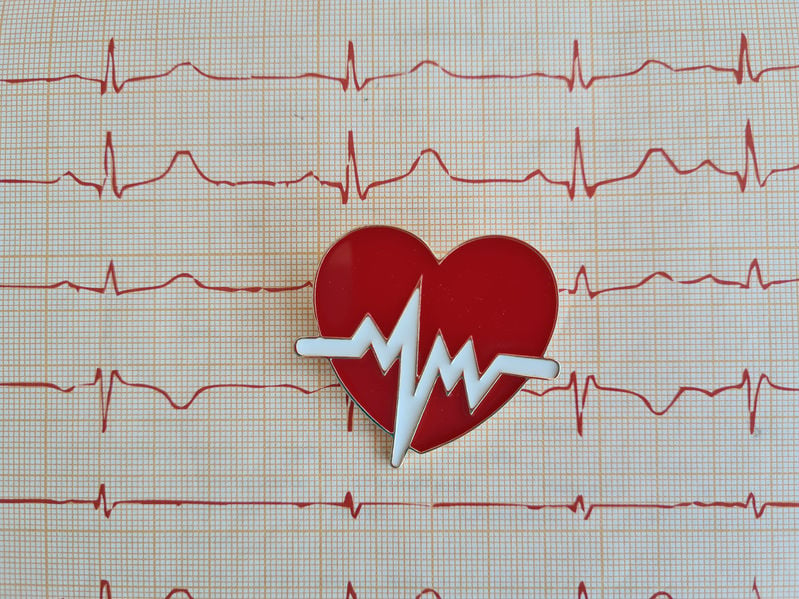Facing Abdominal Pain
Every person experiences gastrointestinal pain once in a lifetime with a variation in intensity, duration, and nature. In most cases, abdominal pain is relieved by conservative treatments such as over-the-counter drugs. However, at times some causes of gastrointestinal pain such as gastrointestinal (GI) hemorrhage can be life-threatening and requires urgent care. Being aware of when to seek medical care immediately is important to save one’s life.

Organs that are affected
Gastrointestinal pain has many underlying causes and can be related to many organs besides the stomach. The pain can originate from the intestines, kidneys, appendix, stomach, gallbladder, liver, or pancreas. Nevertheless, at times, abdominal cramps are accompanied by GI hemorrhage. GI bleeding affects mostly the intestinal organs, stomach, esophagus, and anus.
A gush of blood
GI hemorrhage can be classified into 5 different types such as acute, chronic, overt, occult, and obscure. Acute GI bleeding is a medical emergency where severe bleeding occurs suddenly. Chronic bleeding is present for a long time on and off. Overt type is when bleeding is visible to the naked eye whereas occult bleeding is only visible under a microscope. When the endoscopy does not reveal the bleeding source, this is known as an obscure type.
Symptoms based on the source
GI hemorrhage symptoms vary and depend on the severity and where the bleeding is originating. Some presenting signs and symptoms include severe gastrointestinal pain, bloody or dark stools, vomiting blood, and pale skin. Tiredness, fatigue, and shortness of breath can also be expected.
Acute GI bleeding, an emergency
Bleeding that happens unexpectedly with a severe intensity requires urgent medical care. This type of GI hemorrhage can present with manifestations such as syncope, dizziness, shock, fast pulse, and difficulty in urination. At the hospital, immediate treatment is given to stop the bleeding, and the source of the bleeding is also determined.
Urgent pain, call the doctor
Sometimes the decision to see the doctor can be confusing in the midst of abdominal pain. Differentiating medical urgency and non-urgency is essential and knowing when to go to the emergency room is crucial. Go to the hospital if one is experiencing severe gastrointestinal pain or if other signs and symptoms are associated. Such signs and symptoms include mostly GI hemorrhage symptoms like bloody stools, vomiting blood, nausea, and pale skin. Other associated symptoms with severe abdominal pain that require attention include fever, weight loss, and abdominal swelling.
Seek treatment quickly
Irrespective of the cause of gastrointestinal pain, going to the doctor to manage the pain is necessary. Even severe abdominal pain with GI hemorrhage should not be ignored. Seeking immediate medical care and treatment and following the doctor’s instructions post-treatment helps to prevent another episode.



